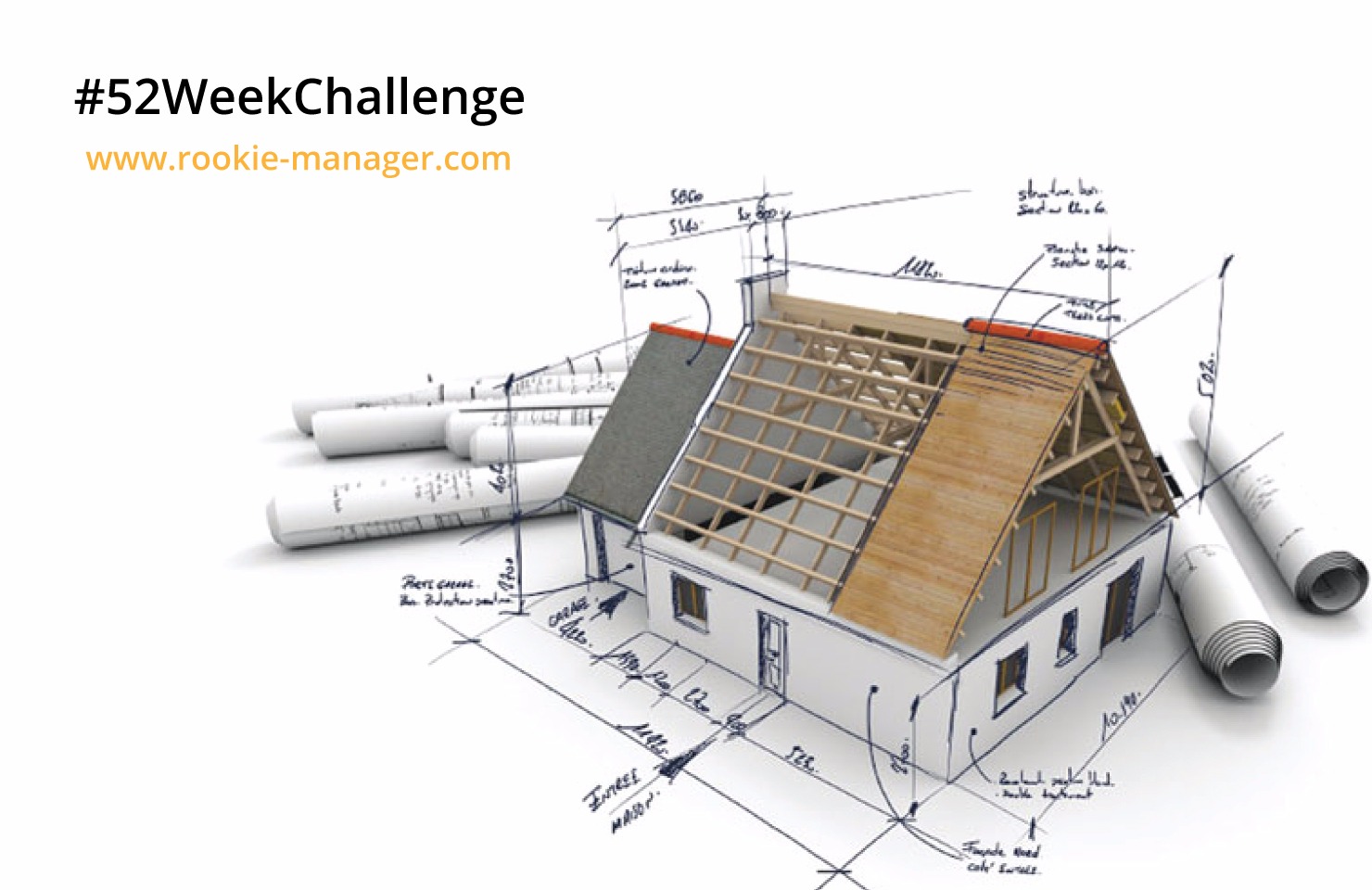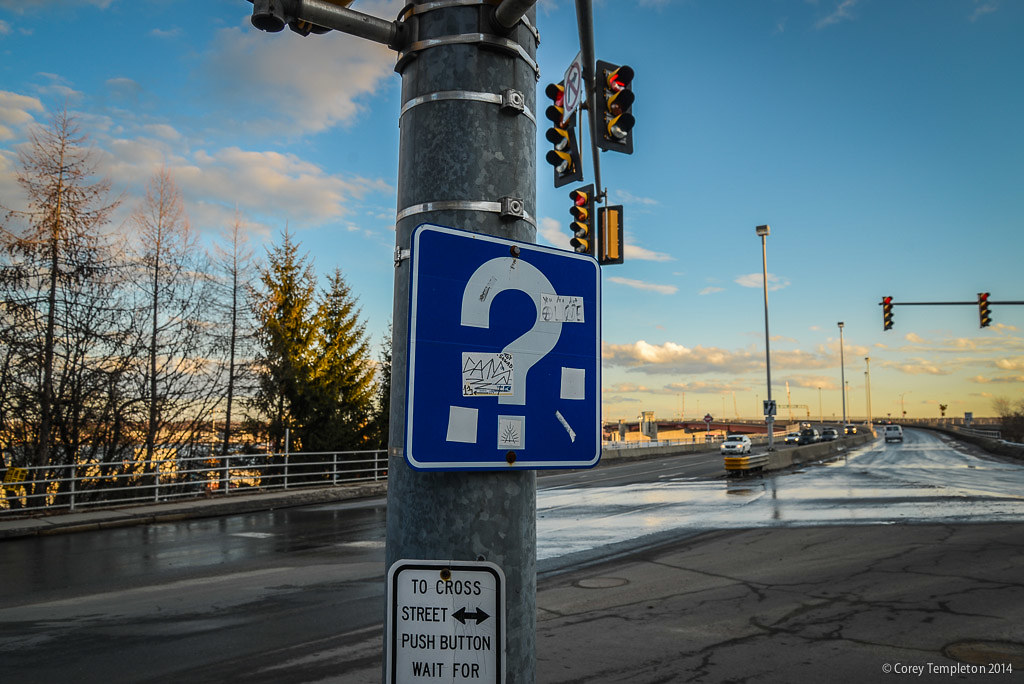A friend recently wrote to me to ask me for advice on whether he should buy a house off-plan, with the intention of selling it once the development is complete. With his permission, I publish the advice I gave to him below.
Off-plan house sales (also called pre-sales) are where the developing company sells some units in advance, and uses the money raised from these sales towards construction of the housing project. In Kenya today, off-plan sales work in two ways:
- The simplest, where you buy a unit in the development, and once the development is complete you have your unit which you can either rent out, live in or sell. Sometimes in this model, the developer will even allow you to do your own finishes on the unit.
- Where you buy x shares in the development company, together with other individuals, and at the end of the period, you own x% of the entire project. On sale of the units, you make x% of the profits.
Both plans come with similar risks which I will outline below, but the second model has an extra layer of risk which a buyer should be discerning of. I write about that extra layer at the end of the post, so read on…
Buying houses off plan to flip on completion is not a bad idea on paper. A few years back, many people became millionaires this way. However, if you are getting into the market at this point in time in the market, there are certain risks you will be assuming that you need to be cognizant of:
1. Developer risk: It is good you are doing your due diligence on the developer that is promoting the project. I’d recommend that you go deeper, and if possible find out how they plan to finance the project, and their past track record. Talk to investors that have worked with them before and harvested returns. If they are doing a series of developments, tread cautiously because some companies tend to fund each project just enough for it to kick off, then they rely on off-plan sales to complete it. This means that if the off-plan sales are not good, the project stalls – the longer it stalls, the higher the interest you are paying if you had borrowed to make your investment. Also, if they had used some debt, a longer period to complete means they will try cut corners to reduce project cost and manage their borrowing costs.
It goes without saying, you have to get a really good lawyer to do the agreements for you.
2. Market risk: The premise that once a project is complete the units will sell quickly is no longer as true as it was a few years back. Some developers are stuck with units they cannot dispose (do not believe the “only 2 units left!” billboards). My estate in Langata has had units for sale since 2009, the developer resorted to letting them out instead. As an individual seller, you will have less budget to market the unit, and may be a limited network to sell to. This will affect how quickly you get your investment back.
One way to counter this risk is to have a Plan B to rent the unit out as soon as the project is complete, either as a long term investment, or as you wait for the market to turn. For this to work, you will need to do solid research on rental amounts in the area, so you can do the returns math accurately.
The rental Plan B exposes you to another risk:
3. Quality and operational risk: Should you fail to sell the unit and choose to keep it, the value of your unit will heavily depend on two things:
- The quality of finishes by the developer. This includes core things like plumbing and electricity. Some developers will use poor quality finish and cut corners on electrical works. This can cost you up to 5% of the purchase price in repairs, in the first 2-3 years, and it gets worse with time. In the house I have rented, the owner will need to replace the flooring soon, we’ve had to replace all locks, the developer installed a cheap Chinese Jacuzzi which looked great at the beginning, but has cost my landlady close to Kshs 50,000 in repairs.
- How well the developer is able to manage the property post-completion. Many developers are resorting to renting the units out because of slow sales. Unlike in the past where the developer would walk away and the owners come together and manage the facilities, if the developer has the largest stake, he could also be the person with the majority vote. This can be quite problematic. Again using our estate as an example, the facility has deteriorated because due to project losses, the developer couldn’t maintain HIS units, so they are not occupied, resulting to low service charge. The end result is that people who bought units are not able to fetch as high returns as they had projected.
The final risk that is unique to people who buy shares in development projects is:
4. Equity risk. By buying shares in the investment company, you are technically in business with other individuals who have bought the shares with you, and the development company. This means your risk exposure is significantly higher than the person who just bought a unit. If the development company takes a loan, your share is liable for that loan repayment, not to mention any other decisions the company makes.
In conclusion, if there is clear value, you can buy a house off plan, but try avoid using debt to finance it, have the option of renting at the back of your mind and avoid taking shares in a development company – there are no upsides. Buy an identifiable unit instead.
Even as we talk investments, to have money to invest, we have to save! That is what we are doing with the #52WeekChallenge . We are making savings a daily affair for the next year with MShwari. Join the challenge by printing the worksheet and start to save little amounts from your daily spending. We are using the MShwari Lock Savings function to track our savings and also stash them away. Do not forget to connect with everyone else on the challenge on our Telegram Group on Twitter where we chat about this constantly using the hashtag #52WeekChallenge .





1 Comment